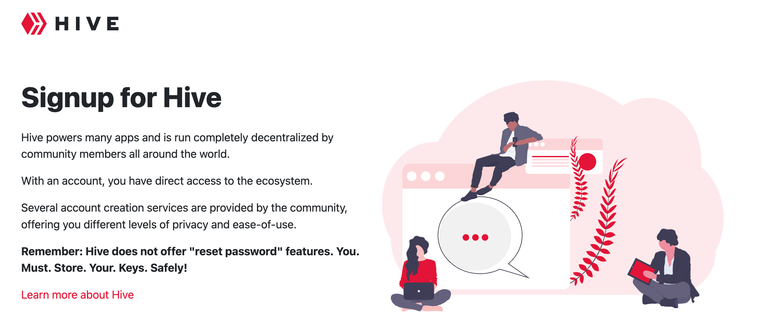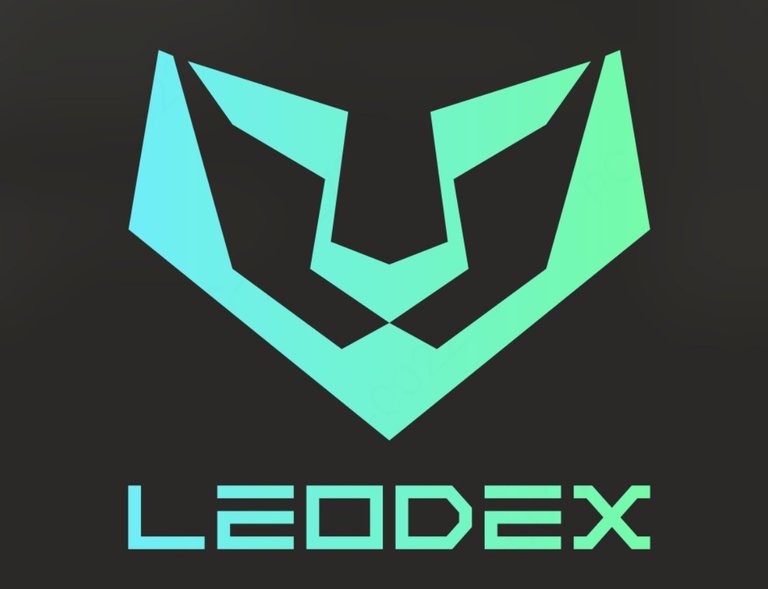
What is a Bitcoin Wallet?
At its core, a Bitcoin wallet is not a wallet in the traditional sense that "holds" your money. Instead, it's a digital tool—usually software or a physical device—that manages your cryptographic keys and allows you to interact with the Bitcoin network.
Think of it like an email account:
- Public Key: This is used to generate your Bitcoin addresses. It's like your email address—you can share it with anyone who wants to send you Bitcoin without any risk.
- Private Key: This is the secret password to your funds. It proves you own the Bitcoin at a specific address and is used to authorize (or "sign") transactions to send Bitcoin to others. You must never share your private key with anyone.
The most important principle in the Bitcoin world is: "Not your keys, not your coins." A wallet is the tool that gives you control over your keys.
The Crucial Distinction: Custodial vs. Non-Custodial
This is the single most important concept to understand about wallets.
1. Non-Custodial (Self-Custody) Wallets
With a non-custodial wallet, you and only you have control of your private keys. The wallet software generates a secret "seed phrase" or "recovery phrase"—typically 12 or 24 random words. This phrase is the master backup for all the private keys in your wallet. If you lose your phone or computer, you can use this phrase to restore your funds in a new wallet.
- Pros:
- Full Control & Sovereignty: You are your own bank. No one can freeze your account or seize your funds.
- Censorship-Resistant: You can send transactions to anyone, anytime, without permission.
- Cons:
- Full Responsibility: If you lose your seed phrase and your device, your Bitcoin is gone forever. There is no "forgot password" option.
2. Custodial Wallets
With a custodial wallet, a third party (like a cryptocurrency exchange) holds the private keys on your behalf. When you buy Bitcoin on an exchange like Coinbase or Binance and leave it there, you are using a custodial wallet.
- Pros:
- Convenience: Easy to use and familiar for beginners. You can recover your account with a password reset.
- Cons:
- No Real Ownership: You are trusting the exchange to secure your funds. You are exposed to their counterparty risk (e.g., hacks, insolvency, government seizure).
- Permission Required: The custodian can freeze your account or block transactions.
For anyone serious about owning Bitcoin, a non-custodial wallet is the only way to truly possess it.
Types of Bitcoin Wallets
Wallets are often categorized as "hot" or "cold" depending on whether they are connected to the internet.
Hot Wallets (Online & Convenient)
Hot wallets are connected to the internet, which makes them more convenient for everyday use but also more vulnerable to online attacks like malware and hacking.
Mobile Wallets: These are apps on your smartphone (iOS or Android). They are excellent for sending and receiving smaller amounts and making payments on the go, often utilizing QR codes.
- Examples: Muun, BlueWallet, Wallet of Satoshi (great for Lightning).
Desktop Wallets: These are programs you install on your computer (Windows, Mac, Linux). They often offer more advanced features than mobile wallets, like custom fee control, connecting to your own node, and robust privacy tools.
- Examples: Sparrow Wallet (feature-rich), Electrum (a long-standing classic), Bitcoin Core (the original wallet that runs a full Bitcoin node).
Cold Wallets (Offline & Secure)
Cold wallets (or cold storage) keep your private keys completely offline, providing the highest level of security against online threats. They are the gold standard for storing significant amounts of Bitcoin long-term.
Hardware Wallets: These are small, physical devices that look like a USB stick. They store your private keys securely offline. To send a transaction, you connect the device to your computer or phone, but the transaction is "signed" internally on the device itself, so the private key never touches the internet-connected machine.
Paper Wallets: This is an older method where you print your public and private keys onto a piece of paper. This method is now considered outdated and risky. It's difficult to spend funds securely and is prone to errors. Hardware wallets are the modern, superior alternative for cold storage.
How to Choose the Right Wallet for You
Your choice depends on your goals and how much Bitcoin ($BTC$) you plan to hold.
For a beginner just starting with small amounts:
- A user-friendly, non-custodial mobile wallet like Muun or BlueWallet is a perfect starting point.
For an investor holding a significant amount for the long term ("HODLing"):
- A hardware wallet is essential. Do not leave large sums on an exchange. Buy a hardware wallet directly from the manufacturer to ensure it hasn't been tampered with.
For someone who wants to spend Bitcoin frequently for goods and services:
- A mobile wallet with Lightning Network support is ideal. The Lightning Network is a second layer on Bitcoin that allows for instant, nearly-free transactions. Wallet of Satoshi and Muun are excellent for this.
For an advanced user who values privacy and sovereignty:
- A desktop wallet like Sparrow connected to your own Bitcoin Core node offers the most control and privacy.
Ultimately, the best practice is often to use a combination: a hardware wallet for your long-term savings (cold storage) and a mobile wallet with a small amount for daily spending (hot wallet), just as you would use a savings account and a physical wallet for cash.
The End
@Shortsegments

Thank you for reading my post

This post was written by Shortsegments, who has been writing about cryptocurrency, the blockchain, digital ledgers, bitcoin, ethereum, and decentralized finance for seven years. You will find his articles here on his blog Link to his blog.
Learn more about Hive at the Hive FAQ Page Link

Join Hive for Free Link

Inleo

This was published on the social community called Inleo, a monetized social media community. A Social Media Platform where Likes become Money
Open an account for free and choose your name
JOIN4FREE.
Once you join Tag me by typing #shortsegments at the bottom of your thread or post, and I will find your post, and I will reward you for joining our community with my referral link.
.

Leodex Decentralized exchange
Where cross chain swaps are made easy; the exchange does all the work of trading across one or more blockchains, so you don't have to!

- ⚡️ LeoDex: Your Portal to Profit! ⚡️
Use My Referral Code/Link for a Ten Percent Discount on all Trades!!
Use my secret referral code LeoDex.io/?ref=shorty for a whopping 10% discount on trades!

Posted Using INLEO

#hive #posh
For me even though it is quite risky. I will still prefer those types of physical or hard wallet much more
You are exactly right, and it is an important decision to make when you take your bitcoin off an exchange.
Thank you for reading my post, and leaving a comment.
Please repost and share the link on Threads, mark it #shortsegments for an upvote!
Good post
Nice analysis about Bitcoin wallet. Thank you for the nice description of custodial and non-custodial wallets and also for discussing how important keys are here.
Your welcome.
Thank you for reading my post, and leaving a comment.
Please repost and share the link on Threads, mark it #shortsegments for an upvote!